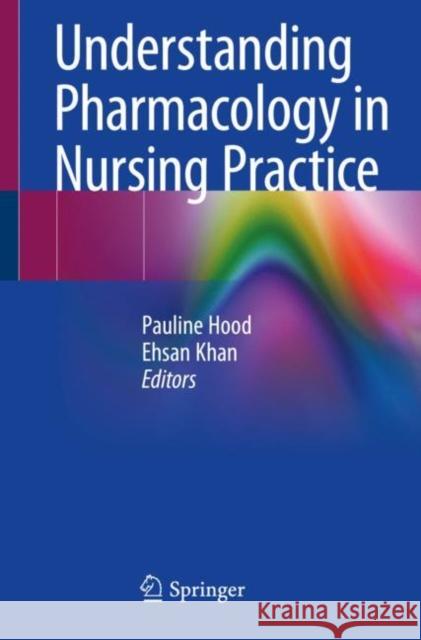Understanding Pharmacology in Nursing Practice » książka
topmenu
Understanding Pharmacology in Nursing Practice
ISBN-13: 9783030320034 / Angielski / Miękka / 2020 / 411 str.
Kategorie BISAC:
Wydawca:
Springer Nature Switzerland AG
Język:
Angielski
ISBN-13:
9783030320034
Rok wydania:
2020
Wydanie:
2020
Ilość stron:
411
Waga:
0.54 kg
Wymiary:
23.37 x 19.56 x 1.27
Oprawa:
Miękka
Wolumenów:
01











